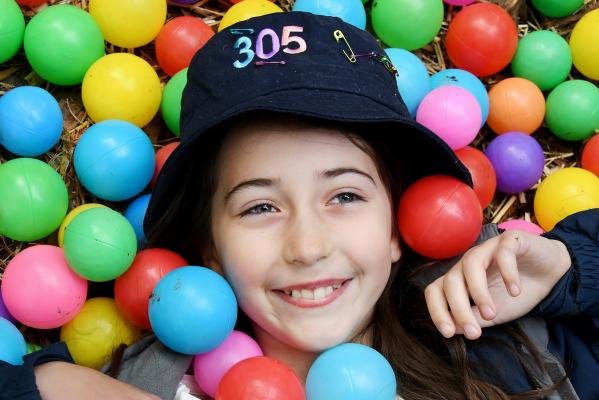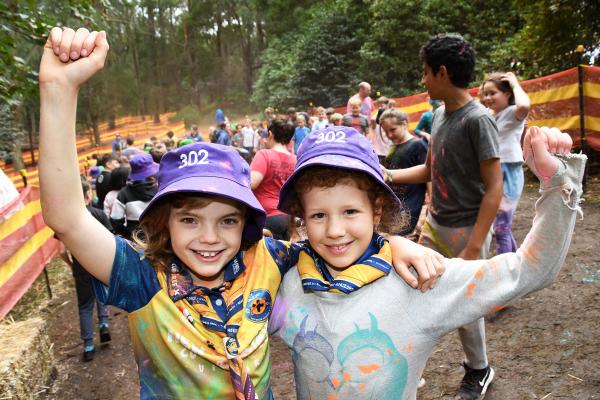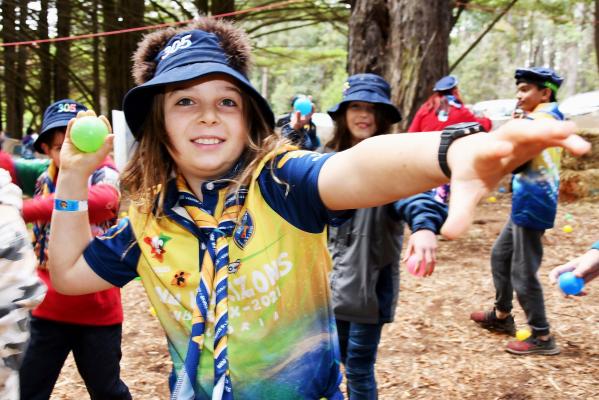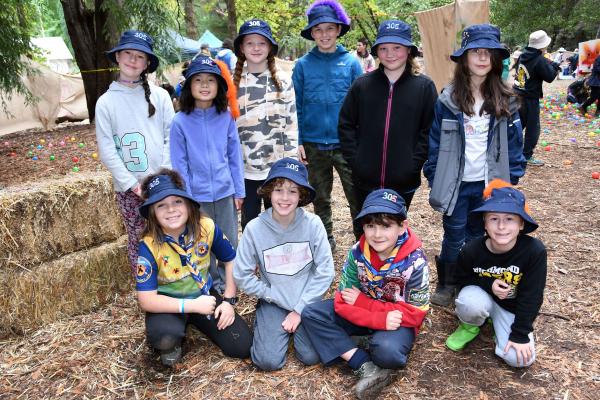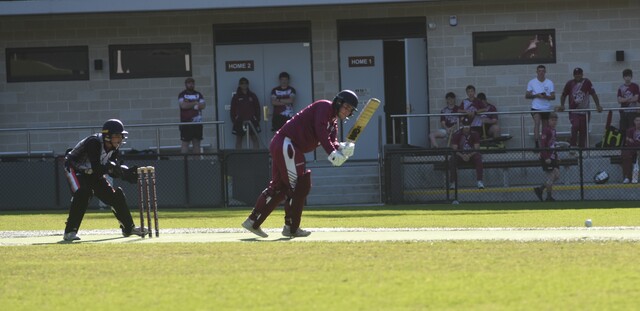More than 3,000 cubs from scouting groups all across Victoria called Gembrook home last week, spending an action-packed week in local scrubland.
Gembrook’s Gilwell Park hosted Scout’s Victoria’s 10th Victorian Cuboree event, with a fleet of 109 busses dropping 3271 the cubs off to the campsite on Monday 12 April.
The cubs, aged 8-11, were well cared for by 1466 volunteer leaders, parents and older scouts known as Venturers and Rovers aged 15-25.
For many, the Cuboree camp marks the cubs longest holiday away from home.
Each child received a commemorative Cuboree shirt, scarf and badge with the logo representing the 2021 theme – New horizons.
Space themed activities during the week included a muddy obstacle course, orienteering, tee pee construction, a maze, craft activities, a colour run, a disco and a mass sing-a-long.
Chief Commissioner of Scouts Victoria, Rod Byrnes says the cubs were well prepared to cope with five days away from home.
“For many children – and parents – the idea of living five days in the bush with friends, sleeping four nights in tents, eating outdoors, sharing the chores of daily life, and tackling a challenging activity program would be daunting.
“But our Cubs have been practicing for Cuboree with smaller camps with their own local cub units.
“They are learning to be resilient and independent, and to care for others,” Mr Byrnes said.
The camp was said to be 100 times larger than any school camp the cubs may have attended, with the $1.3 million budget including $420,000 in food to feed the cubs over the week.
Menu items includes 5000 litres of milk, 30,000 slices of bread, 130kg of Milo, 100,000 pieces of fruit and 600 litres of sauce – with special diets for 900 people.
The transport bill alone, for buses which picked up and dropped off cubs all over Victoria, was $175,000. Organisers hired 200 toilets.
The Gembrook event is the biggest camp held for Australia’s cub scouts and one of the biggest cub scout events in the world.
One parent from the last Cuboree camp told Scouts Victoria “It’s only five days away from home, but they come back two years older”.

